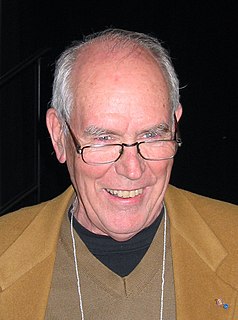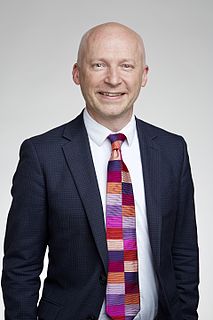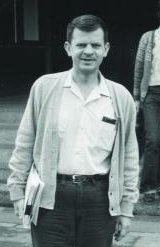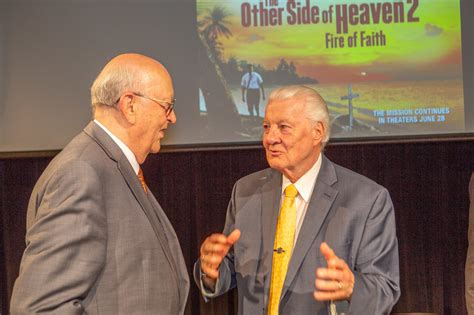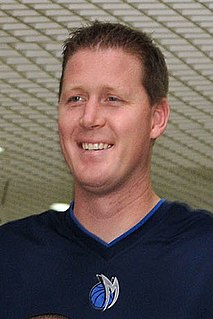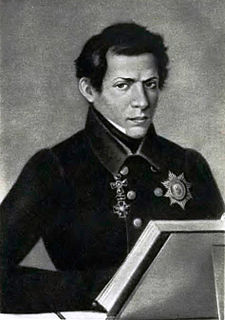A Quote by Freeman Dyson
You have this world of mathematics, which is very real and which contains all kinds of wonderful stuff. And then we also have the world of nature, which is real, too.
Related Quotes
You have this world of mathematics, which is very real and which contains all kinds of wonderful stuff. And then we also have the world of nature, which is real, too. And that, by some miracle, the language that nature speaks is the same language that we invented for mathematics. That's just an amazing piece of luck, which we don't understand.
Logic, too, also rests on assumptions that do not correspond to anything in the real world, e.g., on the assumption that there areequal things, that the same thing is identical at different points in time: but this science arose as a result of the opposite belief (that such things actually exist in the real world). And it is the same with mathematics, which would certainly never have arisen if it had been understood from the beginning that there is no such thing in nature as a perfectly straight line, a true circle, and absolute measure.
If God thinks this state of war in the universe is a price worth paying for free will--that is, for making a live world in which creatures can do real good or harm and something of real importance of real importance can happen, instead of a toy world which only moves when He pulls the strings--then we may take it it is worth paying.
Like a stool which needs three legs to be stable, mathematics education needs three components: good problems, with many of them being multi-step ones, a lot of technical skill, and then a broader view which contains the abstract nature of mathematics and proofs. One does not get all of these at once, but a good mathematics program has them as goals and makes incremental steps toward them at all levels.
Ultimately, all I wanted was for players to feel like they were in the real world. I wanted them to be able to apply real world common sense to the problems confronting them, and I thought recreating real world locations would encourage that kind of thinking. There's also just a real power, a real thrill, when you fire up a game and see a place you've been or want to go, and then get to do all the stuff you WANT to do there but know you'll get arrested if you try! If that isn't the stuff of fantasy - far more than exploring some goofy dwarven mine or alien spaceship - I don't know what is!
One cannot inquire into the foundations and nature of mathematics without delving into the question of the operations by which the mathematical activity of the mind is conducted. If one failed to take that into account, then one would be left studying only the language in which mathematics is represented rather than the essence of mathematics.
Learn to be good readers, which is perhaps a more difficult thing than you imagine. Learn to be discriminative in your reading; to read faithfully, and with your best attention, all kinds of things which you have a real interest in,--a real, not an imaginary,--and which you find to be really fit for what you are engaged in.



